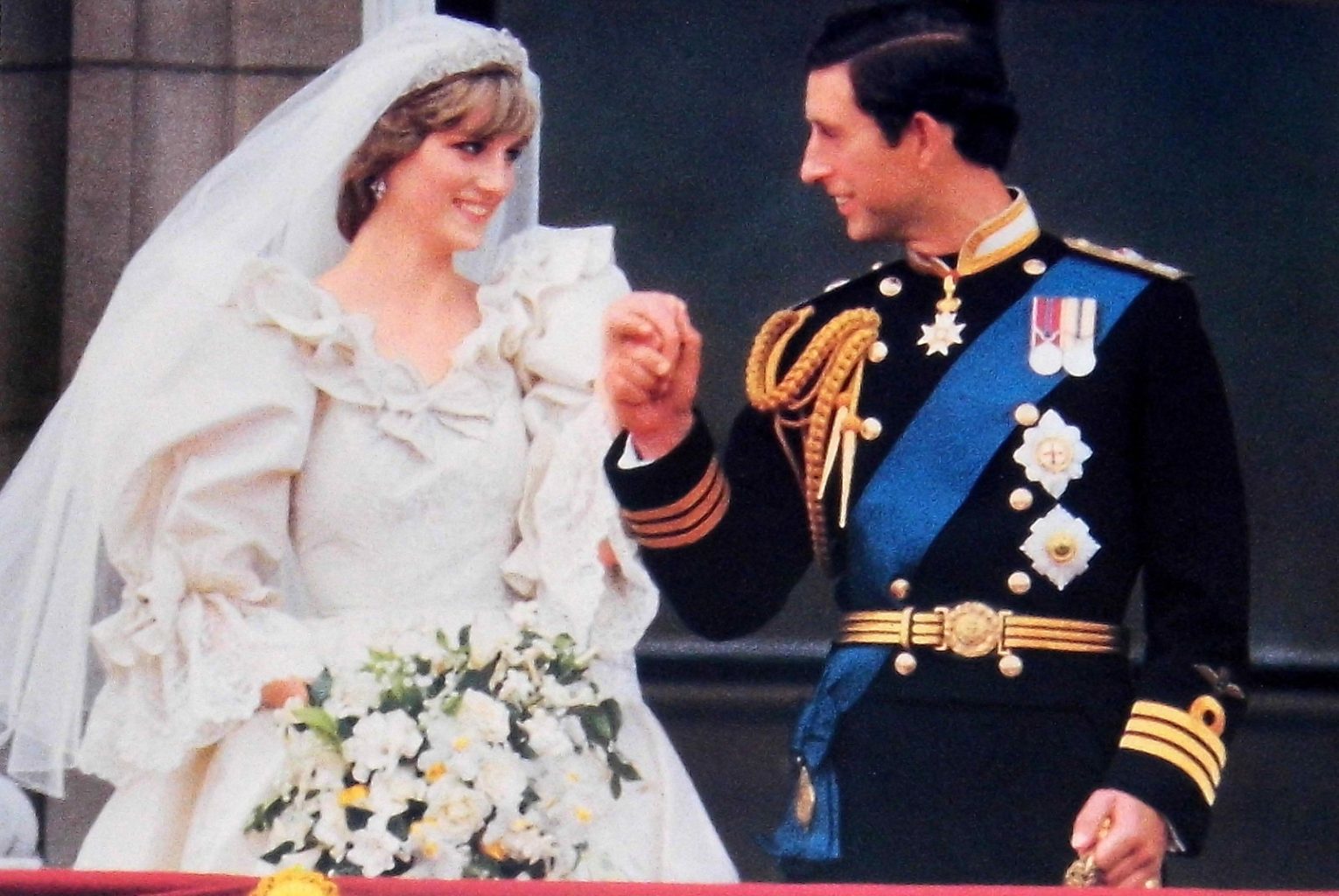Diana: In Her Own Words – what did it really tell us?
‘Diana knew there were few things more dangerous to the monarchy than a Princess with a story.’
It’s safe to say that the Royals have had better Sundays; less a beautiful tribute to the beloved Princess, but rather a hard-hitting, dark portrayal of the Royal Family, Diana: In Her Own Words reminded me strongly of a GCSE English essay: the focus was largely on appearance and reality, pitted to reveal the dark secrets hidden behind the Buckingham Palace doors and give some justice to the much-wronged Diana. The trailer building up to the big event showed us snippets of Diana’s real voice, enticing the nation to tune in for more of that powerful voice it loved and missed: however, those snippets of speech were mostly stand-alone. Diana’s ‘own words’ were put in context of the story the documentary had planned out, and all of the gaps were filled in by the voice of an actress.
Looking closely at Charles’ behaviour and choice of words, the clips chosen in the documentary emulated an image of his coldness
Thus ‘in her own words’ was a leading and disappointing title. The documentary told us little more than the scandals that were already publicly acknowledged – for example, Charles’ affair with Camilla during his marriage to Diana. Although this is arguably speculation and gossip, Channel 4 boldly claimed it as historical fact. Charles’ villainy was intensified, stirring the pot of controversy leading up to Charles’ succession to the throne. Indeed, the documentary ultimately added fuel to the fire of the popular opinion that Charles should abdicate the throne, and if he doesn’t, Camilla should certainly not fulfil the role of Queen beside him.
What came to mind, in particular, was the propaganda behind the Royal Family. As aforesaid, appearance was everything, and despite the troubles behind closed doors, Diana and Charles determinedly kept up the appearance of a happy couple – most of the time. Looking closely at Charles’ behaviour and choice of words, the clips chosen in the documentary emulated an image of his coldness, particularly when asked if he and Diana were in love upon their engagement. Diana eagerly responded with ‘yes of course,’ expressing the view that if you were engaged to someone, you were very much in love. Charles’ response, she said, completely ‘threw her’: ‘whatever in love means,’ he replies curtly to the reporter, making the documentary viewers cringe uncontrollably in their seats. His manipulation, and arguably emotionally abusive behaviour, is certainly implied throughout the documentary. He is portrayed as gaslighting Diana, blowing hot and cold with her, and essentially using her as a walking uterus while his attention was unashamedly fixed on the woman he truly loved: Camilla Parker Bowles.
The documentary clearly had its agenda against the Royal Family
At only nineteen years old, Diana clearly fell in love with the modern fairy tale: she was portrayed as deeply infatuated, while Charles was portrayed as the epitome of indifference. This is not a fairytale, but very much a story of exploitation, which the documentary seemingly opposes. However, by using Diana’s tapes, with disregard, in particular, to the impact this may have on her sons, is arguably further exploitation of her memory. Despite painting Diana in a wholly positive light, the documentary clearly had its agenda against the Royal Family, and Diana’s tapes merely supported this agenda, rather than stood in her own right and told her own story.
The documentary was certainly powerful, bold, and certainly added to an ever growing conversation about the necessity of a monarchy that has been deceptive and corrupt at times – whether the documentary is ethical, however, is another story. Of course, in her death, Diana cannot have consented to the release of her personal tapes with her speech coach, although it has been argued that she wouldn’t have made them, and allowed them to be accessible at all, if she didn’t want her story to be told.
Like the end of Diana’s life, the ending is jarring and sudden
Diana: In Her Own Words very much leaves the ending open for more of these discussions; the audience are left with the chilling words of the actress Diana – ‘a fairy story come to an end’ – adjoined with Hunger Games-like music at the roll of the credits. Like the end of Diana’s life, the ending is jarring and sudden, not coming to a natural, fading conclusion. The shock of the ending parallels with the shock audience members who remember Diana’s lifetime still feel over her young death, and reinforces the idea that this should not be forgotten. Or, more importantly according to the documentary’s implication, the villainy of the Royal Family. Another nail has been hammered into the coffin of the future King of England.

Comments (1)